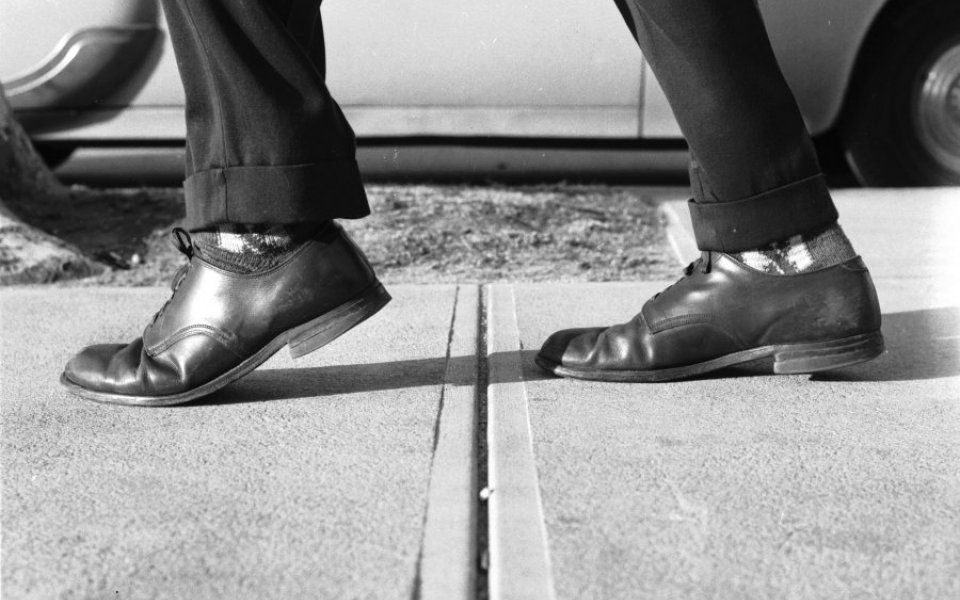New research sheds light on why we believe in superstitions despite knowing they are irrational

See a penny on the floor during a particularly busy rush hour at Bank station and still feel compelled to pick it up? A new research by University of Chicago Booth School of Business has discovered the reason why normally rational people sometimes do illogical things in the name of superstition.
In her paper, Professor Jane Risen argues that detecting irrational thoughts and correcting them are two separate processes, meaning people can recognise that holding up a queue of angry commuters to pick up a coin is unreasonable but they’ll still do it anyway.
“Even when the conditions are all perfect for detecting an error—when people have the ability and motivation to be rational and when the context draws attention to the error—the magical intuition may still prevail,” said Risen.
But Risen contends that the study extends behind pavement cracks, ladders and black cats, and could be used to explain why people do things they know are irrational in all areas of their lives. And, by recognising that detecting the thought and correcting it are two separate processes, we might actually have a better chance at avoiding some of our illogical quirks.
Research published in the Personality and Social Psychology Bulletin earlier this year discovered that we’re more likely to fall back on superstitions when trying to achieve a performance goal – such as taking a test where we know we’ll be judged on our final mark – than a learning goal – such as completing a mock exam for practice.
What the researchers of that paper did not find out, however, is whether gravitating towards a lucky pen before a big exam really did have any effect on the outcome.